But the pain is necessary. It cuts through the noise, through the comfort of pretending that everything is fine.
And empathy, when acted upon, can save lives.
These are not fiction.
These are drawn from real reports, NGO interviews, eyewitness accounts, verified humanitarian reports, field notes, and real interviews — stories of children whose worlds collapsed but who still held onto something human: a toy, a photo, a smell, a sentence of love.
These are real children affected by war, disaster, and displacement across the world.
The names are changed, but the voices, the gestures, and the small things they held onto are real.
These aren’t stories meant to entertain — they are stories meant to remember.
Tragically, this is not an exaggeration.
In the world, families are faced with choices no one should have to make—should they spend their last savings on food, or on medical care for a sick child? Should they send their child to school, or keep them home because they can’t afford the school fees? These aren’t hypothetical choices. They’re real decisions, faced every day by families who love their children as much as you love yours. No child should have to suffer because they were born into the wrong circumstances.
Ukraine, 2022
When Russian shells fell near Kharkiv, five-year-old Oksana hid under her grandmother’s blanket — the one with red flowers and a stitched border. She said it made her feel invisible. When rescuers found her later, the blanket was still wrapped tightly around her. The pattern was burned, the colors faded, but one flower remained untouched. Her grandmother keeps it now, folded on a chair, never washed. “She was warm,” she says quietly. “That’s what matters. She was warm.”
Afghanistan, 2020
Nazia used to draw stars on the walls of her home — one for every dream she had. She wanted to be a pilot, to fly above the mountains. When her school was closed and her books taken away, she kept drawing. Stars on stones, stars on scraps of cardboard, stars on her hands. A journalist found one of her drawings later — a child’s handwriting scrawled under a paper sky: “If I can’t go to the sky, maybe the sky will come to me.”
Gaza, 2024
When the bomb fell near the school, twelve-year-old Mariam’s backpack was found outside the gates, covered in ash. Inside were her math notebook, a pen with no cap, and a folded paper heart. Her older brother found it days later when it was safe to go back. On the paper heart, she had written: “If I ever get scared, I’ll close my eyes and pretend the sky is blue again.” He kept that note in his pocket when he left for the border — so he wouldn’t forget what hope looked like when the sky turned black.
Gaza, 2014
A teenage boy kept a photograph of his entire class — twenty smiling faces in front of their school. When the Taliban took over and the school closed, he carried that photo across the border to Pakistan. Half the faces had been crossed out with a pencil. When asked why, he said, “Those are the ones who didn’t make it.”
Afghanistan, 2021
During a power outage that lasted weeks, twelve-year-old Omar used the last candle in the house to finish his homework. His mother told him to save it — they needed light for the night. He shook his head. “If I don’t finish today, the teacher might not be alive tomorrow.”
Myanmar, 2021
When the Rohingya villages were burned, six-year-old Rahim carried a bird feather in his pocket. He said it came from the last chicken that survived their yard. When aid workers found him in the camp, he showed them the feather and said, “This one remembers our house.”
Ukraine, 2022
In Lviv, volunteers gave displaced children balloons at the train station. One small boy refused to let his go, even when it began to lose air. When a woman asked why, he said, “My sister’s is flying ahead. If I hold this one, she can find me when hers stops.”
Gaza, 2024
In a shelter, a little girl named Reem kept an empty bread bag under her pillow. Her mother told her to throw it away.
Reem shook her head. “When it smells like bread again, it means we can go home.”
Turkey-Syria border, 2022
Two siblings built a fort out of aid blankets behind their family’s tent. They invited other children in and called it “the hotel.” Inside, they served imaginary tea and said everyone who entered had to smile. Outside, the wind howled and dust filled the air — but for a few minutes, laughter came from the blankets.
Syria, 2017
In a refugee camp near Idlib, a boy named Khaled kept an orange on his bed. It was the last fruit his father had given him before disappearing at a checkpoint. He didn’t eat it. Every day, he just smelled it — like home. Months later, the orange shriveled, its skin brown and thin. When aid workers came, they offered him new fruit, but he refused. “This one,” he said softly, “still has his smell.”
Gaza, 2023
A mother carried a pair of pink shoes in her bag as she fled from the rubble. They were her daughter’s — size 28, with small cartoon hearts on the toes. When asked by a volunteer if her daughter was safe, she didn’t answer. She only said, “She’ll need them when she wakes up.”
Ukraine, 2022
In Bucha, a nine-year-old boy named Danylo wrote a letter to his father, who had stayed behind to fight. He placed it in a jar and buried it behind their apartment building. The letter read: “I’m taking care of Mom. I washed the dishes. I didn’t cry when the sirens came. Please win fast.” When his father returned months later, the boy dug up the jar and handed it to him. The paper had molded, the words blurred. His father kissed it anyway.
Sudan, 2023
In Khartoum, a little girl named Salma carried the head of a broken doll everywhere she went. The rest had been lost when their house burned. When a journalist asked her why she didn’t throw it away, she said, “She’s not broken. She’s just tired.”
Yemen, 2020
At a nutrition clinic in Sana’a, a nurse noticed a red thread tied around a baby’s wrist. The mother said it was from her daughter who died the year before. “She made it for her baby brother,” she whispered. “So he’ll know someone is waiting for him.”
Haiti, 2021
After the earthquake, a six-year-old girl was found wearing a bracelet made of dry bread, strung together with wire.
She told the aid worker, “My mama said if I wear food, maybe I won’t feel hungry.”
South Sudan, 2020
By the flooded Nile, a boy named Luka built a small boat from empty plastic bottles. He set it on the water and pushed it away. “It’s going to find my brother,” he said. His brother had drowned two months earlier while crossing to higher ground. Luka came back every day to watch the river — waiting for the boat to return.
Haiti, 2021
After the earthquake, ten-year-old Marise searched through the rubble of her school until she found the bell that used to ring for lunch. It was bent, silent, the handle broken. She held it tight and whispered, “If it rings again, everyone will come back.”
Afghanistan, 2022
Twelve-year-old Farida hadn’t been to school in months. When a visiting aid worker handed her a pencil, she kissed it before taking it. “I’ll keep it,” she said, “for when girls are allowed to write again.”
Congo, 2019
In a displacement camp near Goma, a boy named David wore the same torn soccer jersey every day. It had his brother’s name on the back — the brother who never made it out of their village. The letters were fading, but David traced them with his finger each morning before going to fetch water. “He still plays,” he said quietly. “I’m just carrying his shirt.”
Meet Lina, age 5

Lina was only five, but her dreams were already as big as the sky. In a dusty village where laughter was rare, Lina’s was like a beacon of hope. She loved to play doctor, wrapping her dolls in old bandages and pretending to heal them with care, just like the kind she had seen in the stories her mother told her. But the world was hard, and hope was even harder to come by. Lina's family was poor—her father’s hands were rough from long hours in the fields, and her mother worked tirelessly, never asking for help, but always praying for a better life for her children. They lived in a tiny, crumbling house with a leaking roof, and food was never guaranteed. Despite this, Lina's spirit remained unbroken. She wanted to become a doctor so she could heal people who had no one else to turn to. One day, Lina woke up with a fever. It started small—just a cough and a bit of a headache—but her body grew weaker by the hour. Her parents tried everything they could think of, old folk remedies, herbs from the local market, but the fever raged on. In the middle of the night, Lina’s mother wrapped her in a blanket and whispered promises of better days ahead, but Lina’s small hands were already cold. Her parents, desperate, ran to the village doctor. But he was miles away, and they had no money for a ride. They could only watch as their little girl, pale and trembling, clung to life with every breath. By the time they reached the doctor, it was too late. Lina was gone. The village was silent for days. Her mother couldn’t stop crying. Her father couldn’t find the strength to speak. They didn’t just lose their child—they lost the future they’d dreamed of, the one they were building with every sacrifice, with every whispered prayer for a better life.
They could have saved her. But they didn’t have the resources. They didn’t have the access.
And Lina’s dream of becoming a doctor—of saving lives—died with her.
AMINA'S BREAD
Amina used to bake bread every morning before school. The smell filled the small kitchen, and her little brother would laugh when she sprinkled flour on his nose. Then the drought came. The river dried up first, then the crops. Now she still wakes up early, but the oven is cold. Her brother asks for bread, and she tells him stories instead — stories about a time when the house smelled like warmth, and not like dust. When he sleeps, she cries quietly into her empty hands, remembering the sound of bread breaking.
SAMI'S SHOES
Sami’s shoes don’t fit anymore. He doesn’t say anything — his mother has enough to worry about. He just walks slower, his toes pressing against the torn fabric, the rocks cutting through the soles. The school is far. Every step hurts, but he keeps walking because he wants to be a doctor one day. He wants to fix things — people, homes, the world — everything that’s broken. He studies by candlelight at night, the flame flickering, the pages trembling in his hands. Sometimes hunger blurs the words, but he never lets go of the book.
LAILA'S BLANKET
The bombs came at night. Laila doesn’t remember the noise — just the cold afterward. Her mother wrapped her in a blanket and ran, but the smoke was too thick. Now, in the refugee camp, that same blanket is all she has left. It smells of ash and memories. She sits beneath it as rain leaks through the tent roof, watching other children play with plastic bottles and string. When someone asks her where she’s from, she points to the sky. “From there,” she says. Because her home is gone.
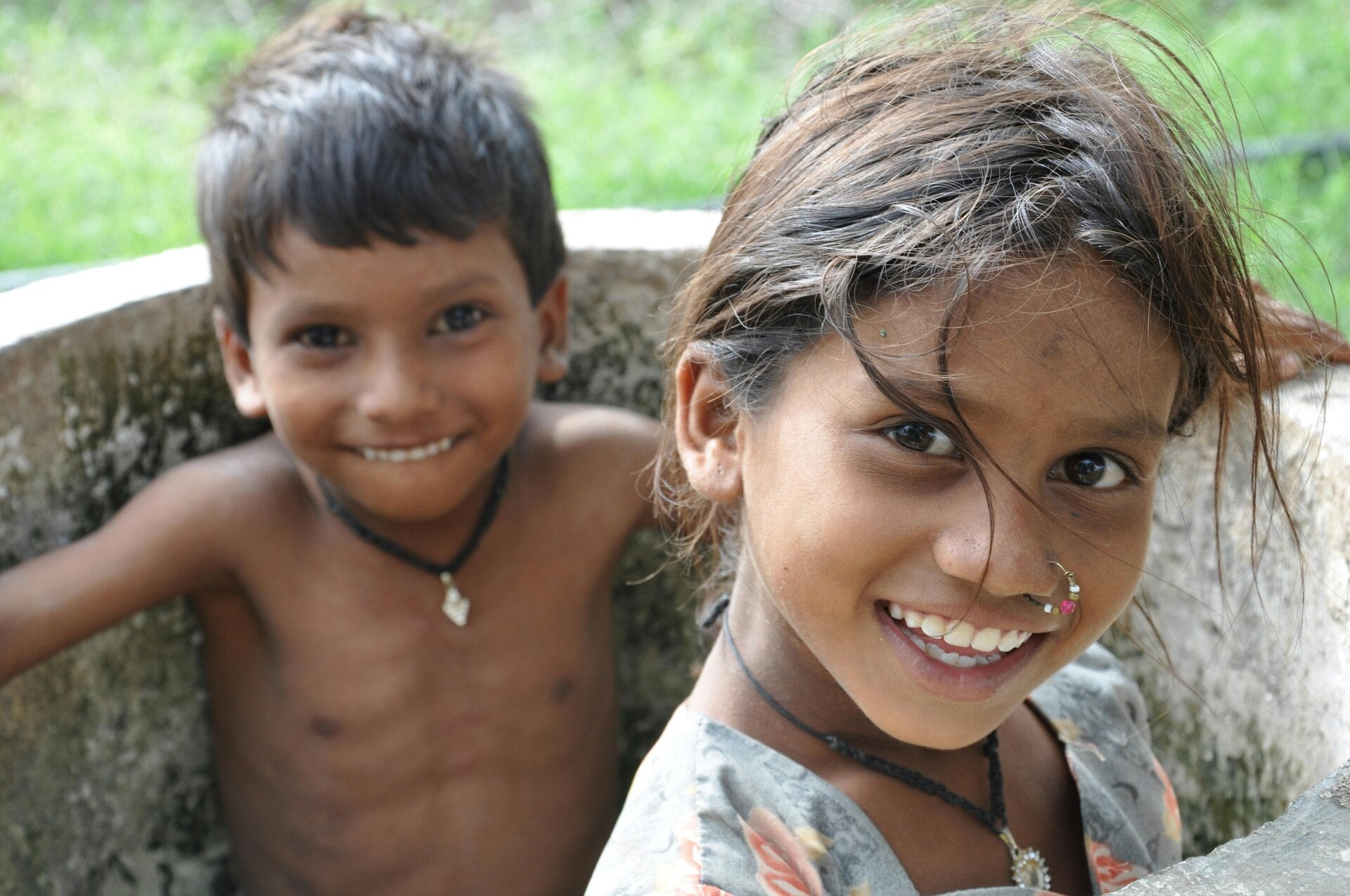
Meet Tarek, age 8
Tarek lives in a war-torn village in Syria. When an airstrike hit their neighborhood, his house collapsed. His older sister Fari was crushed in the rubble. There were no emergency workers. No ambulances. So Tarek dug with his hands. He clawed at the rubble until his fingers bled. He uncovered her body and carried her out himself. Then, with help from a neighbor, he dug her grave with a broken piece of metal roofing. He placed a scarf over her face. He didn’t cry. When someone asked him if he was okay, he just said,
“She was scared of the dark. I didn’t want her to be alone too long.”
He’s 8. He should be playing soccer. Not digging graves.

Meet Daniele, age 10
Daniele used to run. He loved racing the goats outside his village. Now he can’t stand. His body is so thin you can count every rib through his skin. His stomach is bloated — not from food, but from starvation. His hair is falling out. His eyes are sunken, glassy. He whispers, “I’m tired,” but he’s not talking about a nap. He means life. His mother hasn’t eaten in days so he could have half a bowl of grain. She watches him fade — every breath a question mark. She says, “I just want one more day with him smiling.”
We could have saved Daniel for the cost of a pizza. But help didn’t come in time.
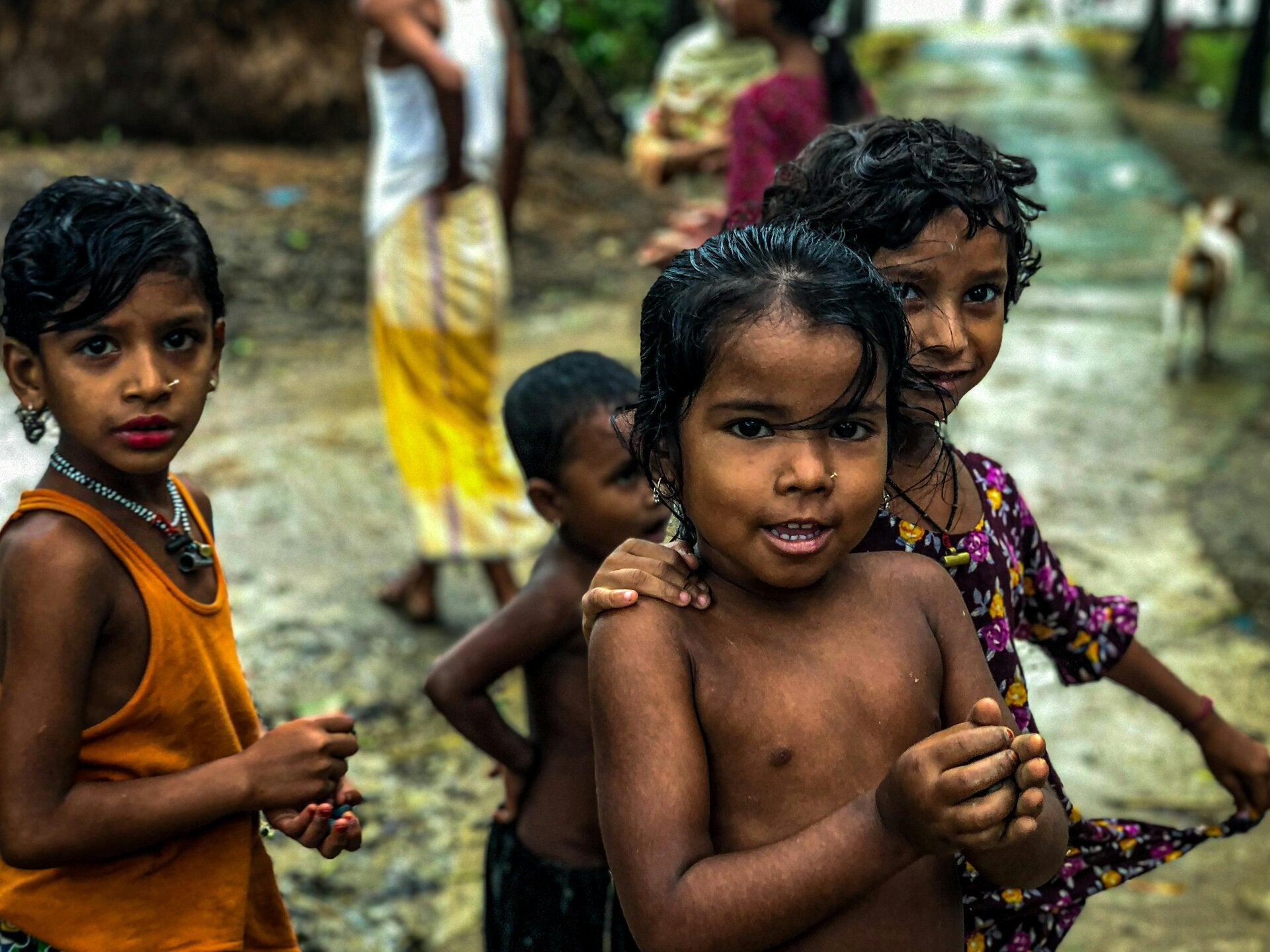
Meet Samoya, age 4
Samoya was holding her father's hand when armed guards rushed the group of migrants trying to cross the border. In the chaos, her father was beaten and detained. Samira was separated — alone, crying, barefoot, still holding her little stuffed rabbit. She was taken to a child detention facility with hundreds of other children, placed in a cage with no mattress, no blanket, just a sheet of aluminum foil for warmth. She kept asking, “Where’s my baba? Did he go to get me food?” No one told her he was deported. No one told her she’d never see him again. Samira stopped talking after a week. She just sat in the corner, rocking, her tiny fingers clutched around that rabbit.
She was five years old, and she already knew what abandonment felt like.
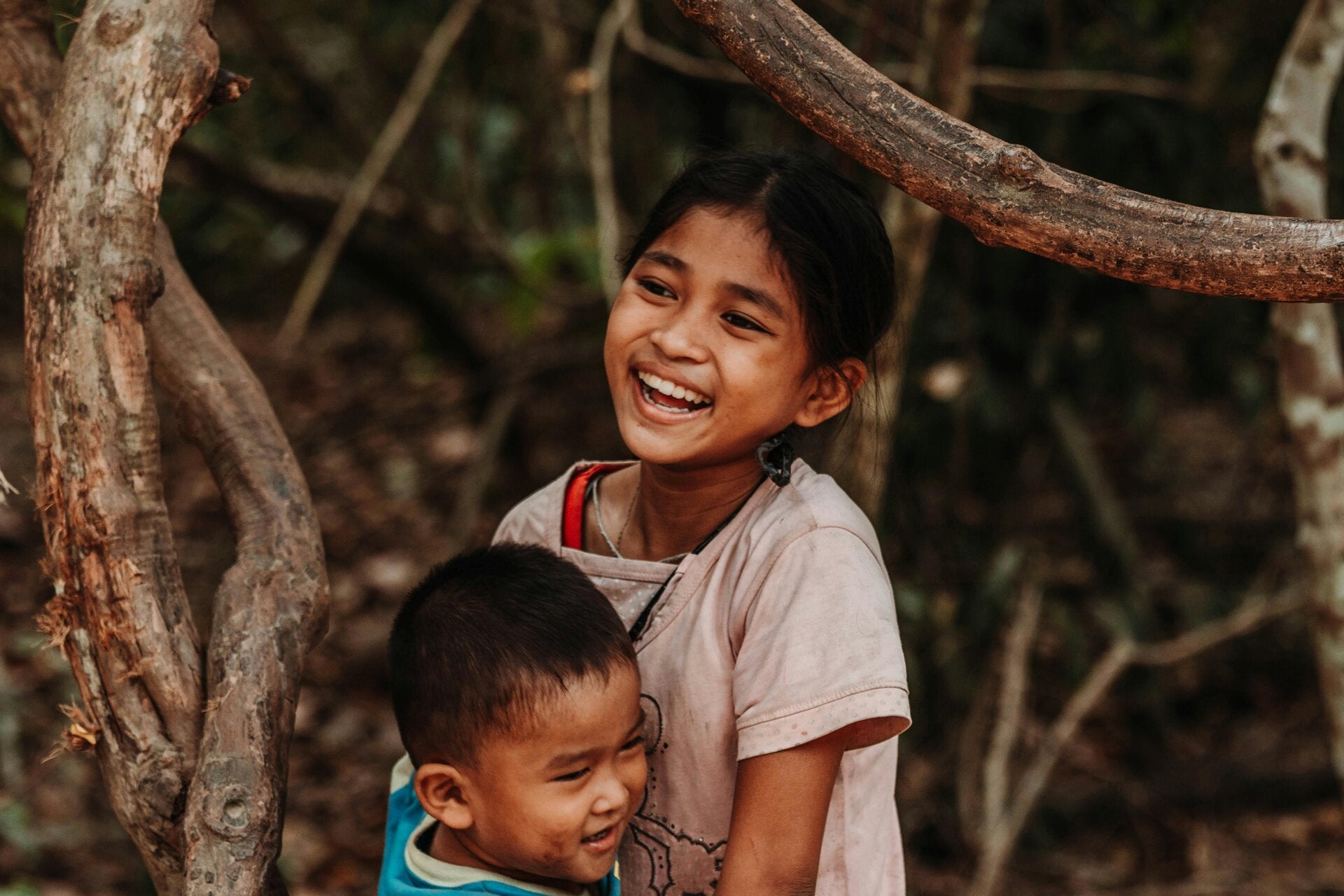
Meet Nadia, age 12
Nadia loved to learn. She wanted to be a nurse. But her family was starving. A local man offered money in exchange for marriage. At 12 years old, Nadia was taken from her home and forced to marry a man three times her age. On her wedding night, she bled so badly she passed out. There was no doctor, no care. Just silence and shame. She wakes up each morning and stares at the wall. Her childhood is gone.
She says she feels like a ghost.
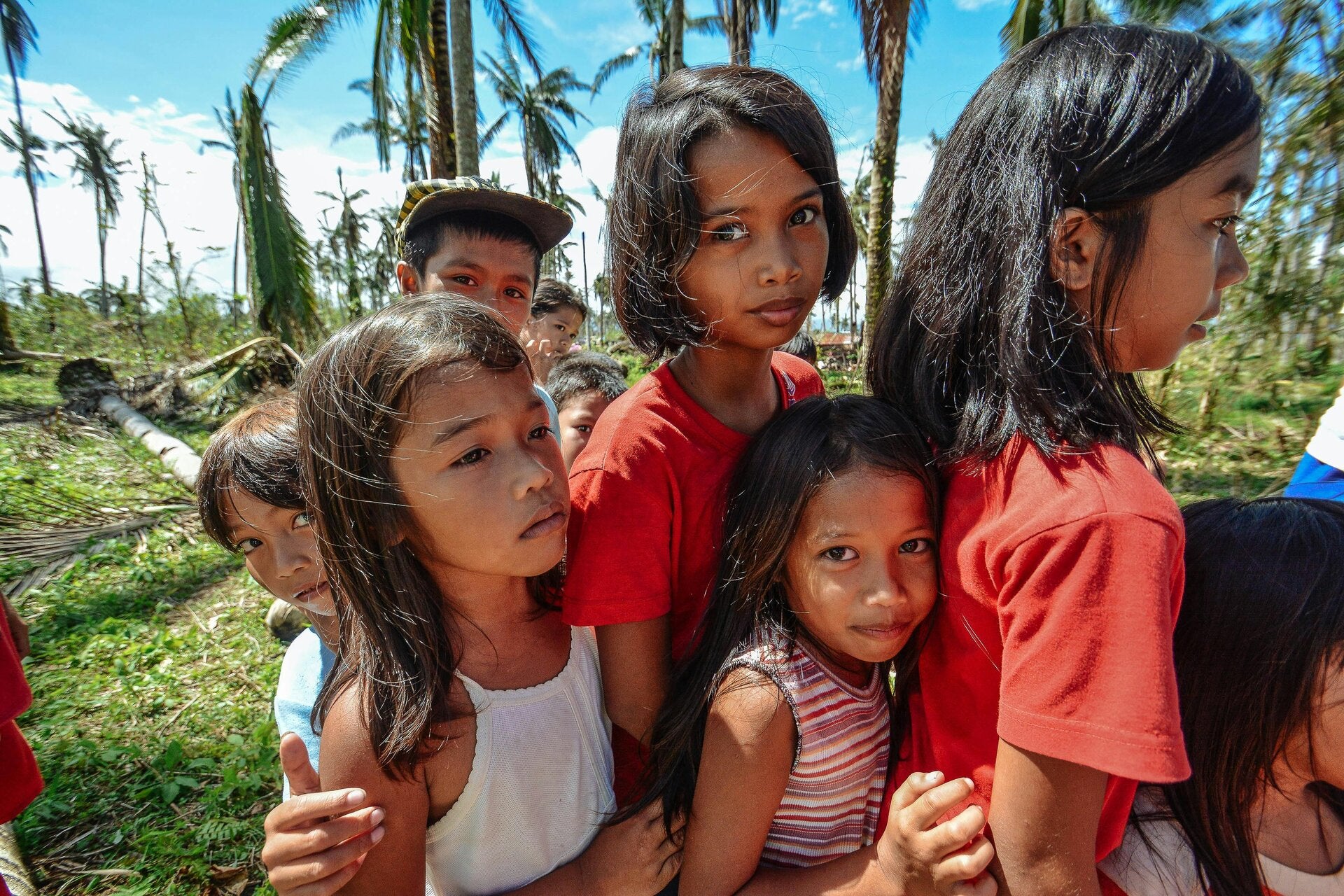
Meet Omoko, age 12
Omoko lives in a camp for displaced people in northern Ethiopia. She has a heart condition that could be treated with medication that costs less than $50 a month. But there is no clinic. No doctor. No medicine. So she waits. She knows what’s happening. She’s smart. Too smart.She told us: “I don’t think I’ll grow up. I hope my little brother remembers me.”
Can you imagine a 13-year-old girl preparing to die while the rest of the world scrolls past her story?
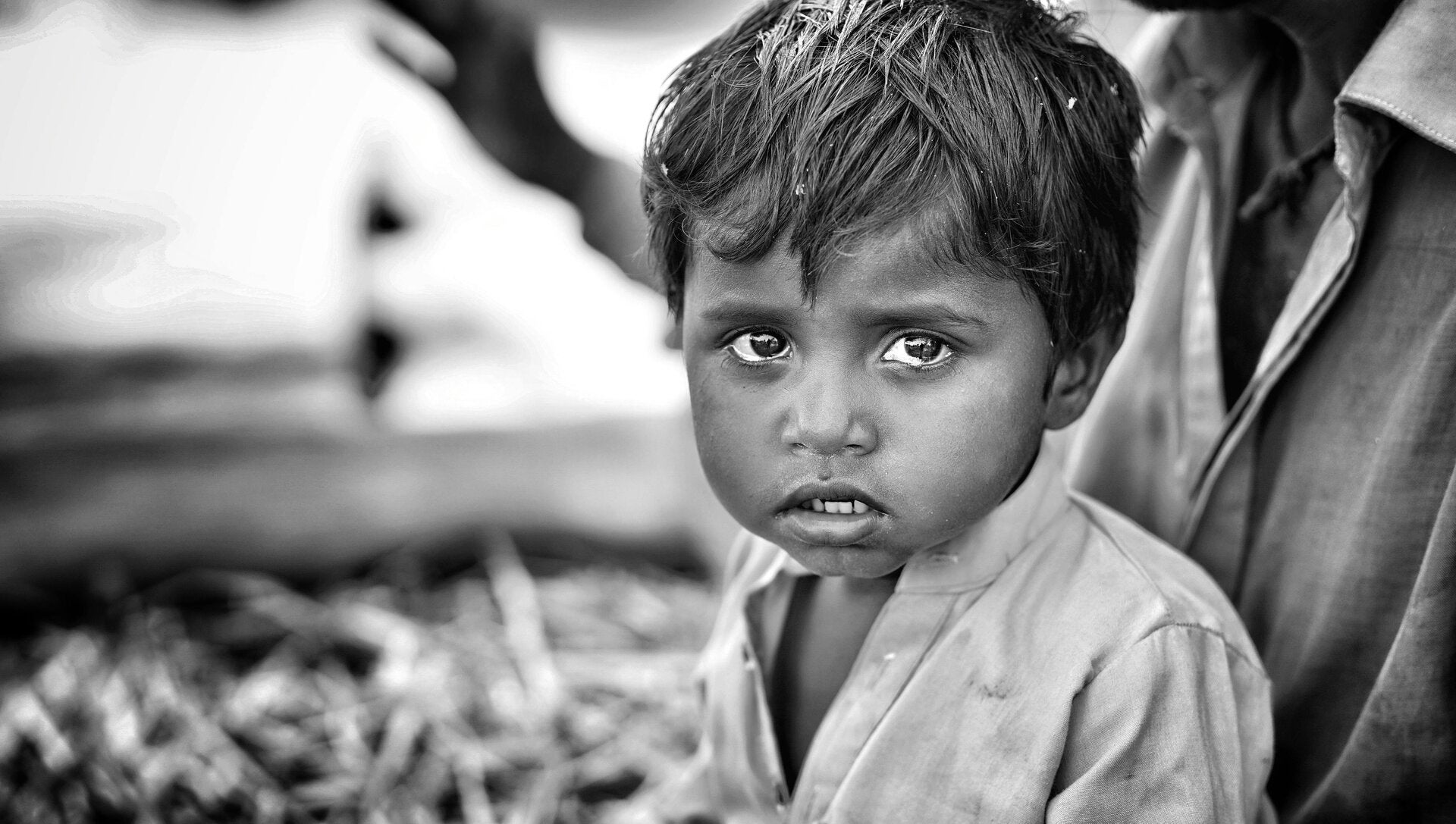
Meet Mustafah, age 3
Mustafah’s parents were fleeing violence. They carried him across deserts and barbed fences. They gave him sips of dirty water from a plastic bag. They sang to him when the sun was too hot to move.
They told him, “We’re going somewhere safe.” But Mustafa didn’t make it. He died in his mother’s arms on the floor of an overcrowded detention center — wrapped in a Mylar blanket, shaking from fever and dehydration. His eyes rolled back. His last word was “Mama.” And then silence.
His mother is still in the facility, refusing to eat, asking to hold his body one more time.
She cant understand how hope became death.
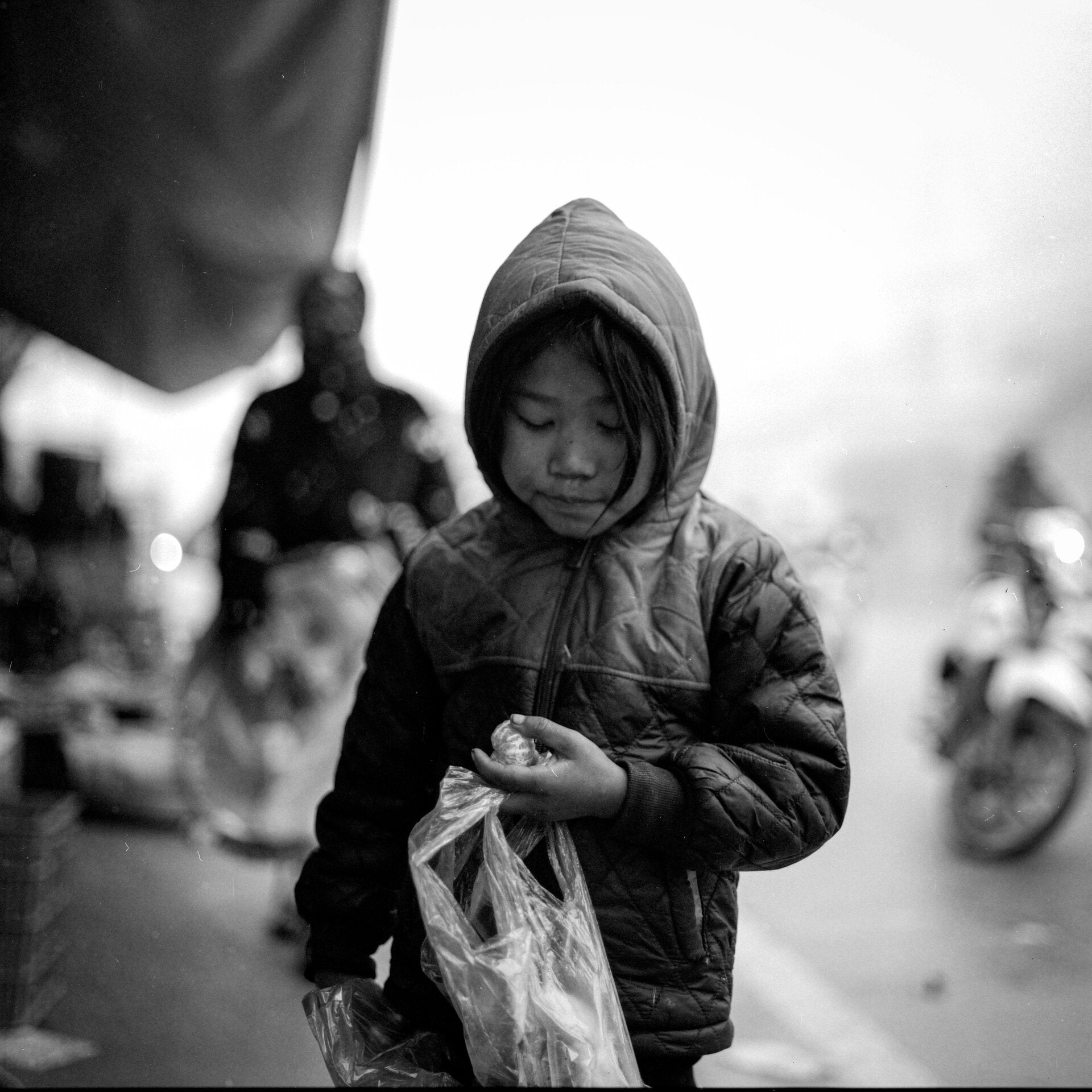
Meet Dia, age 7
Dia lives in a slum outside of Nairobi. Her parents died from AIDS-related illness, and now she survives by selling plastic bottles she finds in trash heaps. She wakes up at 5am every day to dig through piles of waste. Sometimes she doesn’t eat for two days.
Sometimes men follow her home. Sometimes she hides in an alley and cries because she misses her mother’s singing. She told a volunteer: “I don’t want toys. I want shoes so I don’t get cuts on my feet.” Her feet are covered in scars. She's eight. She’s never touched a book. Never been to school. She sleeps under a piece of tarp tied between two poles. Now, her body lays under that same piece of tarp. Silent. Motionless.
They were trying to build a center nearby when Dia passed— with food, classes, and safety. Sadly, they weren't fast enough.
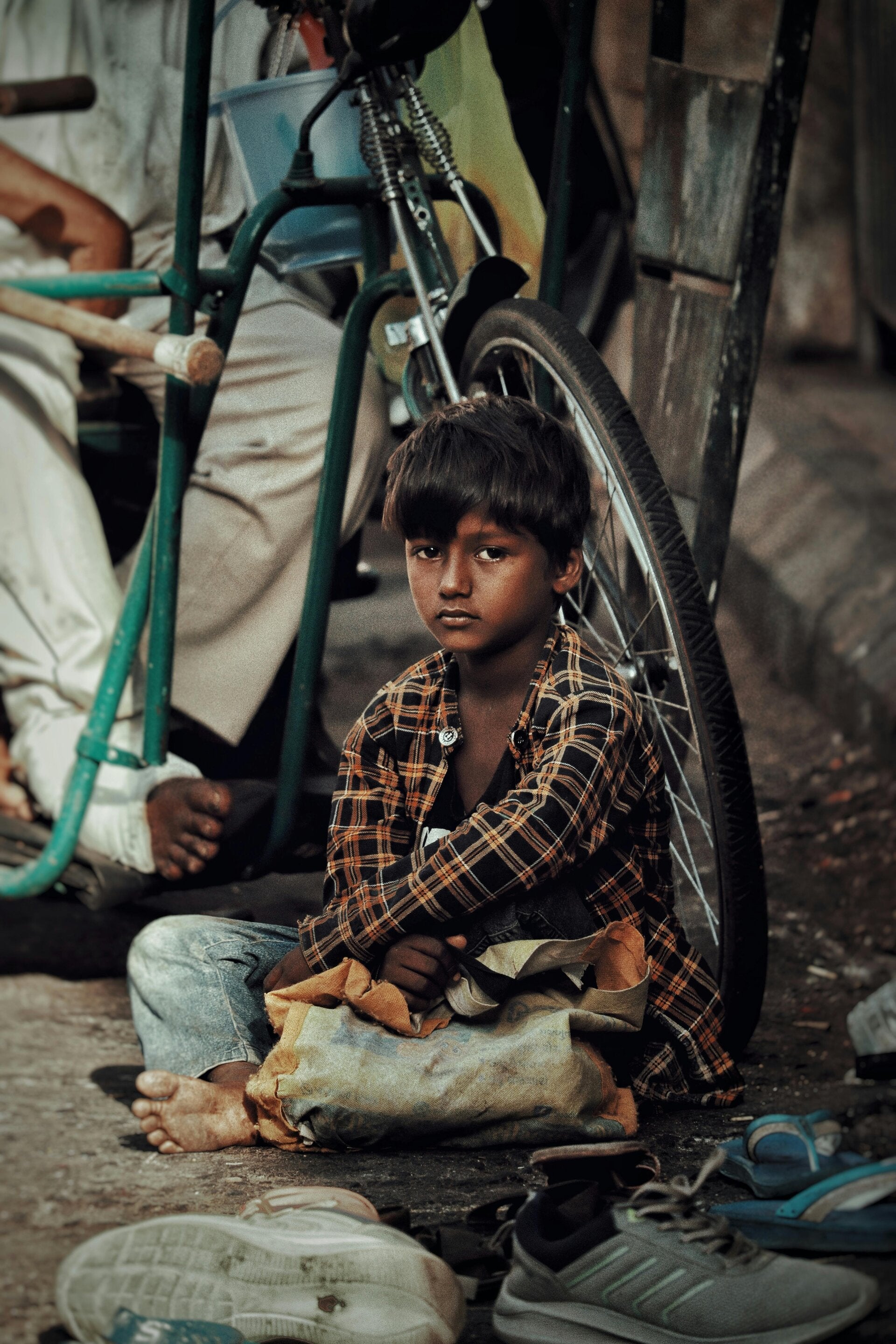
Meet Karim, age 9
He lost his parents to war. His sister was taken. He lives in a tent made of plastic and sticks. He hasn’t been to school in 4 years.
He asked one of our volunteers: “Why do kids like me have to die, but kids in other places get to live?”
No one knew what to say. Because there’s no answer that makes sense. No excuse big enough to cover the truth:
He’s dying because not enough people care.
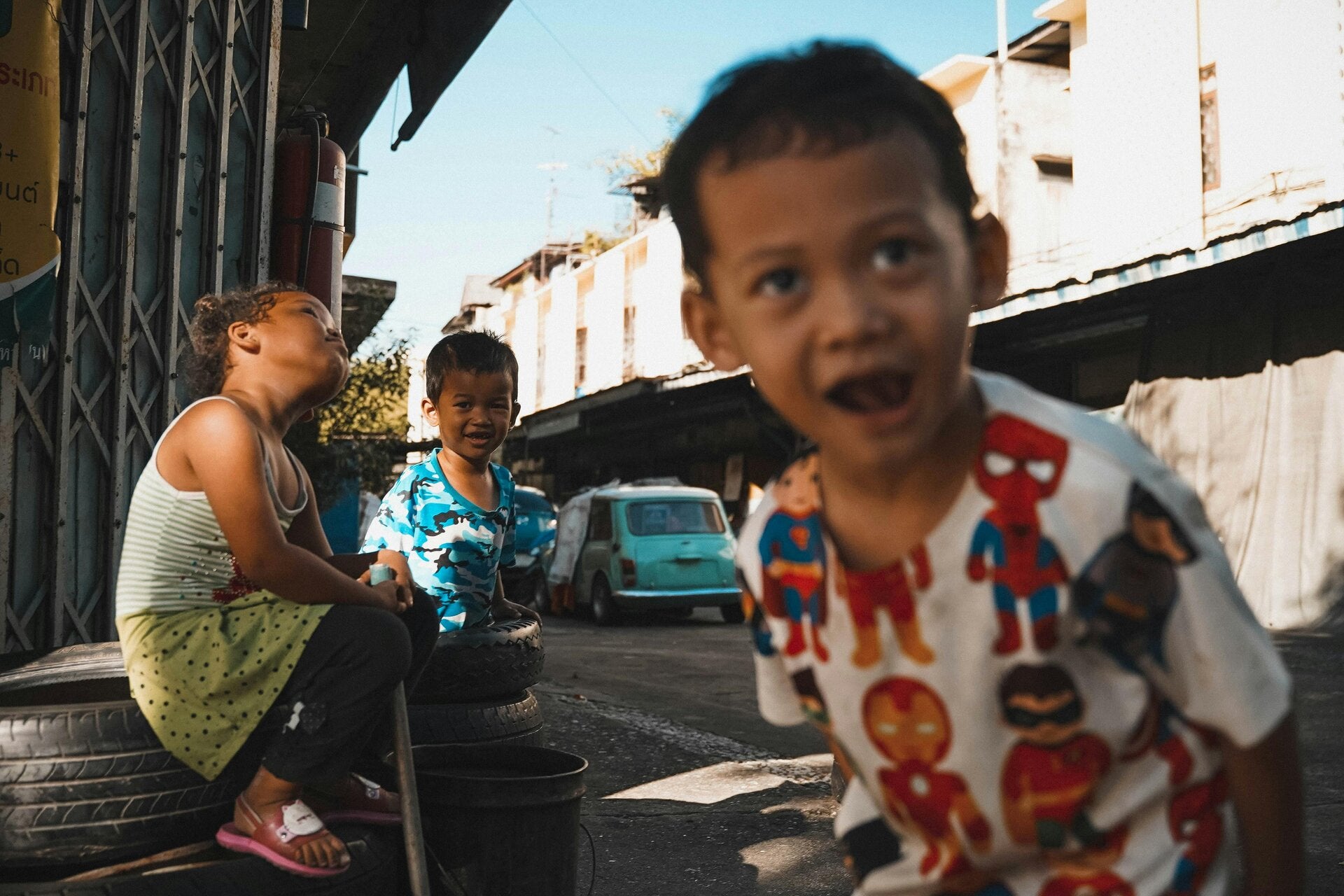
Meet Nikola, age 5
Nikola died in a detention center. He was 5 years old. He’d been separated from his parents at the border. He was scared, sick, and begging to go home. He told the guards his stomach hurt.
They told him to lie down. He died in the night. The next morning, his body was zipped into a bag.
His mother still doesn’t know how he died.
Somewhere right now
A newborn is crying. She’s not in a hospital. She’s in a shack. A tarp roof. Flies already crawling on her skin. Her mother died giving birth, alone, bleeding out on a stained sheet.
Her tiny lungs scream for help, but no one is coming. She’s cold. She’s hungry. She will die before her name is ever written down
There will be no funeral. No photo. No memory.
She will vanish from this world without anyone ever knowing she existed.

